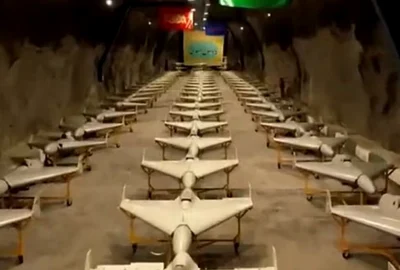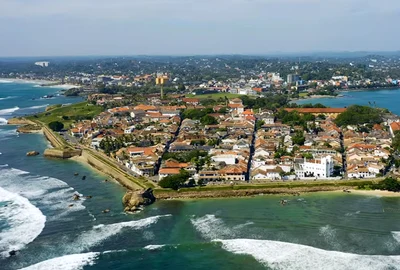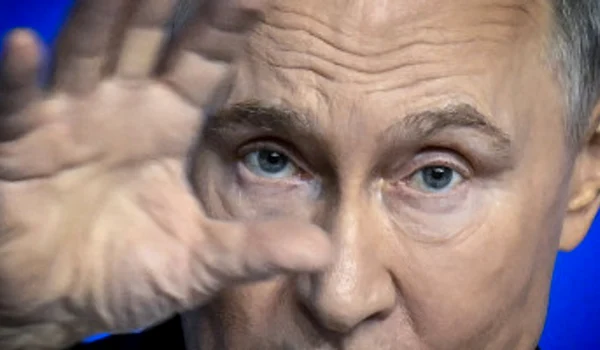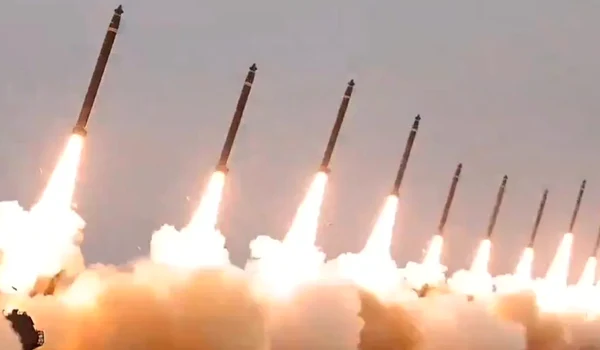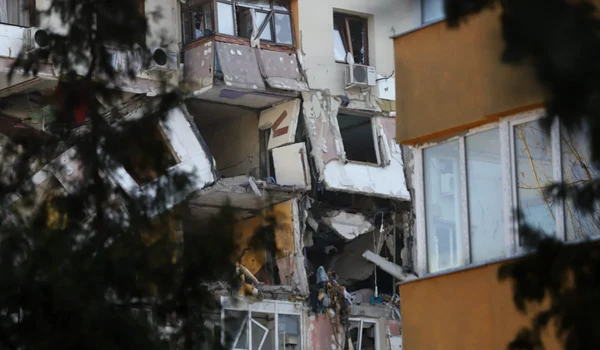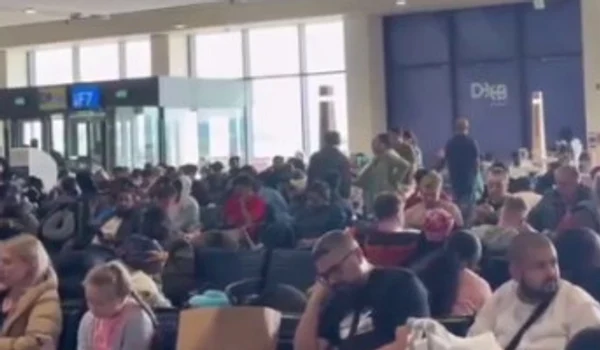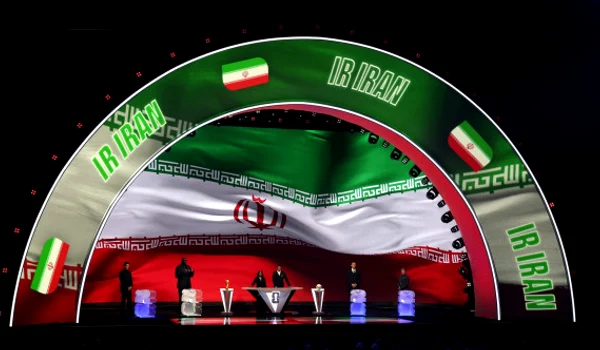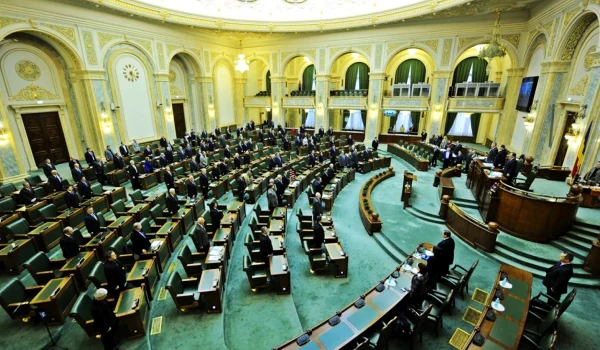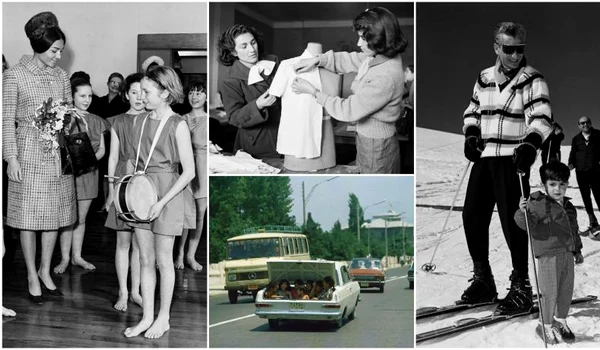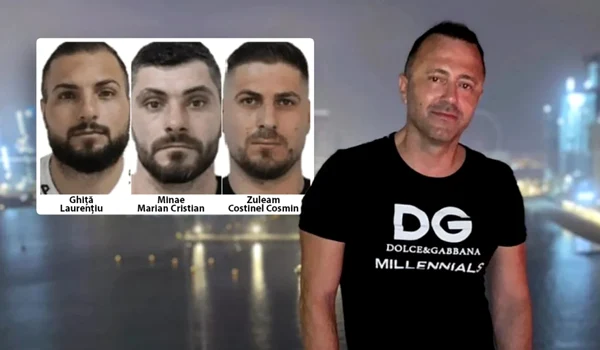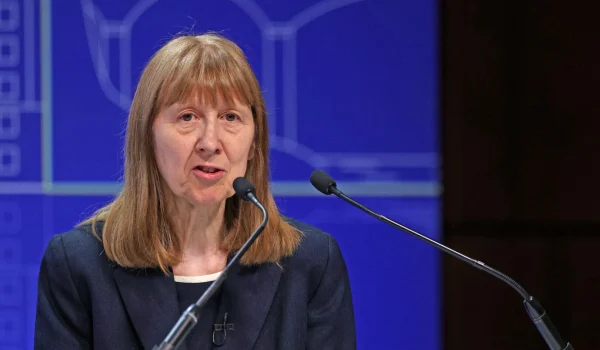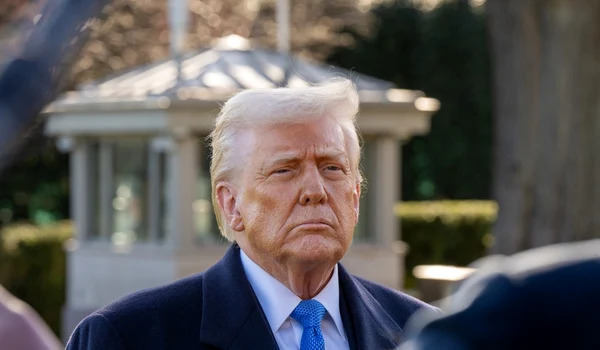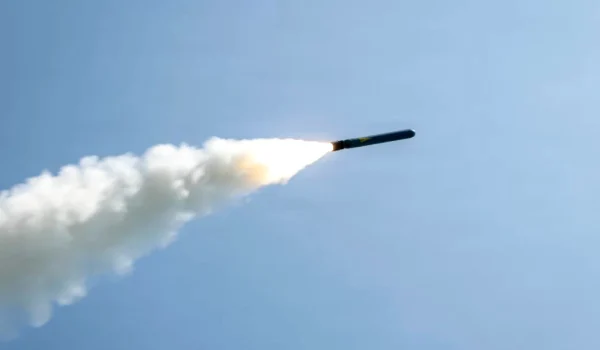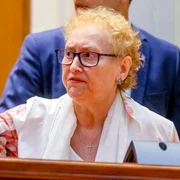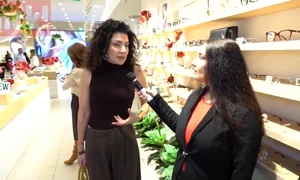Sabin Sărmaș, despre oportunitățile României și EAU din tranziția către economia bazată pe inovare
0Sabin Sărmaș, președintele Comisiei pentru Tehnologia Informaţiei şi Comunicaţiilor din Camera Deputaţilor, a explicat pentru ziarul Advevărul care sunt oportunitățile din tranziția către economia bazată pe inovare ale României și EAU.
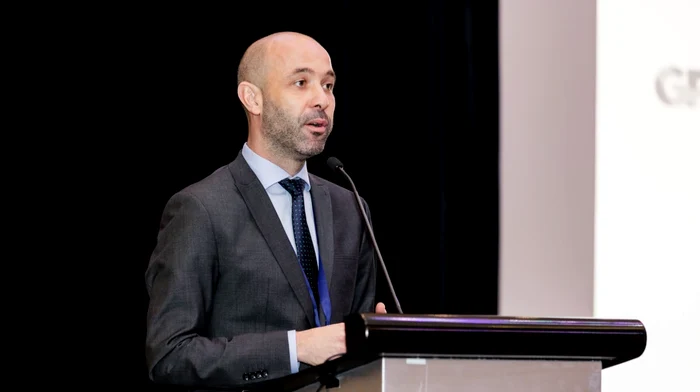
„Emiratele Arabe Unite au reușit un lucru unic la nivel global. Să transforme în timp record orașe ca Dubai sau Abu Dhabi în adevărate platforme internaționale de business.
Această strategie a avut impact și asupra domeniului IT&C. Similar sectorului IT&C românesc, cel emiratez a avut o dezvoltare accelerat in ultimii 20 de ani. Deficitul de specialiști în domeniu este o provocare în aproape toate țările lumii, dar spre deosebire de Romania, UAE a beneficiat de o puternica forța de muncă formată din imigranți proveniți din țările vecine. Acest lucru a permis companiilor locale sa aibă o creștere accelerata, sa ofere prețuri competitive și sa își maturizeze ecosistemul local.
Oportunitățile pentru cele două țări vin însă astăzi mai degrabă din tranziția accelerata către o economie bazată pe inovare, pe proprietate intelectuală dezvoltată la nivel local. Au apărut in acest context primele companii unicorn și o creștere a numărului de start-up-uri in domeniul tehnologiei.
Pentru companiile românești parteneriatul cu UAE sunt importante din cel puțin din doua motive. Primul este reprezentat de capacitatea fondurilor de investiții din Emiratele Arabe Unite de a finanța startup-uri din domeniul IT. Modelul economic pe baza căruia funcționează acest tip de companii implica asigurarea unei finanțări susținute și constante, care să le permită scalare și viteză de creștere accelerată. Banii proveniți din industria petrolului sunt o sursă semnificativă de finanțare pentru companiile inovatoare de tehnologie dar competiția este una pe măsura.
Al doilea motiv este reprezentat de nevoia de tehnologie pe care orașe ca Abu Dhabi sau Dubai o au. Practic astfel de orașe nu își pot asigura sustenabilitatea în lipsa celor mai noi tehnologii, a soluțiilor de smart city, e-health, cyberscecurty, e-governace și lista poate continua. Din acest punct de vedere UAE poate deveni nu doar un playgorund ci și o piață de business excepțională.
Cu evenimente ca GITEX GLOBAL, cel mai mare eveniment de tehnologie din lume, investitorii emiratezi sunt expuși unui număr uriaș de oportunități de investiții prin urmare nivelul de exigență este ridicat, căutând cele mai bun oportunități de investiție. Tocmai din acest motiv evenimente cum a fost cel organizat de GRIC reprezintă rare și foarte valoroase oportunități de a crea punți de business între cele două țări.
UAE este de asemenea unul dinte cei mai influenți actori în regiunea MENA în ceea ce privește politicile în domeniul IT&C și acest lucru se poate vedea inclusiv în cadrul organizațiilor internaționale, având de altfel oportunitatea să constat acest lucru în cadrul conferinței Plenipotențiarilor ITU pe care România a găzduit-o în acest an. Este o țară cu instituții puternice, cu o infrastructură IT&C guvernamentală foarte bine dezvoltată și cu modele care pot servi drept inspirație țării noastre. Chiar dacă avem obiective similare suntem în stadii diferite și avem abordări diferite din punct de vedere instituțional. Tocmai datorită acestor diferențe schimbul de bune practici în domenii strategice cum sunt cele ale infrastructurilor 5G sau securității cibernetice pot fi utile atât României cât și Emiratelor Arabe Unite“, a explicat Sabin Sărmaș, președintele Comisiei pentru Tehnologia Informaţiei şi Comunicaţiilor din Camera Deputaţilor.
English version
Sabin Sărmaș, Chairman of the Committee for Information Technology and Communications of the Chamber of Deputies, about the opportunities for both countries come from the transition to an innovation-driven economy.
Sabin Sărmaș: The United Arab Emirates has achieved something unique at the global level. Transforming cities like Dubai and Abu Dhabi into truly international business hubs in record time.
This strategy has also had an impact on the IT&C sector. Similar to the Romanian IT&C sector, the Emirati sector has seen accelerated growth over the last 20 years. The shortage of specialists in the field is a challenge in almost every country in the world, but unlike Romania, the UAE has benefited from a strong workforce of immigrants from neighbouring countries. This has allowed local companies to experience accelerated growth, offer competitive pricing and mature their local ecosystem.
The opportunities for both countries today, however, come more from the accelerated transition to an innovation-driven economy based on locally developed intellectual property. This has seen the emergence of the first unicorn companies and an increase in the number of technology start-ups.
For Romanian companies, partnerships with the UAE are important for at least two reasons. The first is the ability of UAE investment funds to finance IT start-ups. The economic model on which these types of companies operate involves providing sustained and constant funding, allowing them to scale and grow at an accelerated speed. Money from the oil industry is a significant source of funding for innovative tech companies but the competition is a match.
The second reason is the need for technology that cities like Abu Dhabi or Dubai have. In practice, such cities cannot ensure their sustainability without the latest technologies, smart city solutions, e-health, e-security, e-governance and the list goes on. From this point of view UAE can become not only a playgorund but also an exceptional business market.
With events like GITEX GLOBAL, the largest technology event in the world, Emirati investors are exposed to a huge number of investment opportunities hence the level of demand is high, looking for the best investment opportunities. This is precisely why events such as the one organised by GRIC represent rare and very valuable opportunities to build business bridges between the two countries.
The UAE is also one of the most influential actors in the MENA region in terms of IT&C policies and this can be seen even within international organizations, having had the opportunity to see this during the ITU Plenipotentiary Conference that Romania hosted this year. It is a country with strong institutions, with a very well developed government IT&C infrastructure and with models that can serve as an inspiration to our country. Even though we have similar objectives we are at different stages and have different approaches from an institutional point of view. It is precisely because of these differences that sharing best practices in strategic areas such as 5G infrastructure or cyber security can be useful for both Romania and the UAE.






